With Tayside and Fife experiencing hot weather again this week, many of us will be suffering as clammy nights lead to restless sleep.
So what can you do to ensure you get a good night’s shut-eye?
Read on for our experts’ tips to avoid common sleep mistakes…
1. Your room is too hot
“A cooler temperature is optimal for sleep,” advises sleep expert and author Dr Rebecca Robbins, recommending around 18C or 19C.
Dr Robbins says your body’s ability to regulate temperature is a big part of how it regulates sleep.
“During rapid eye movement sleep, the brain’s temperature-regulating cells switch off and your temperature is impacted by your surroundings.
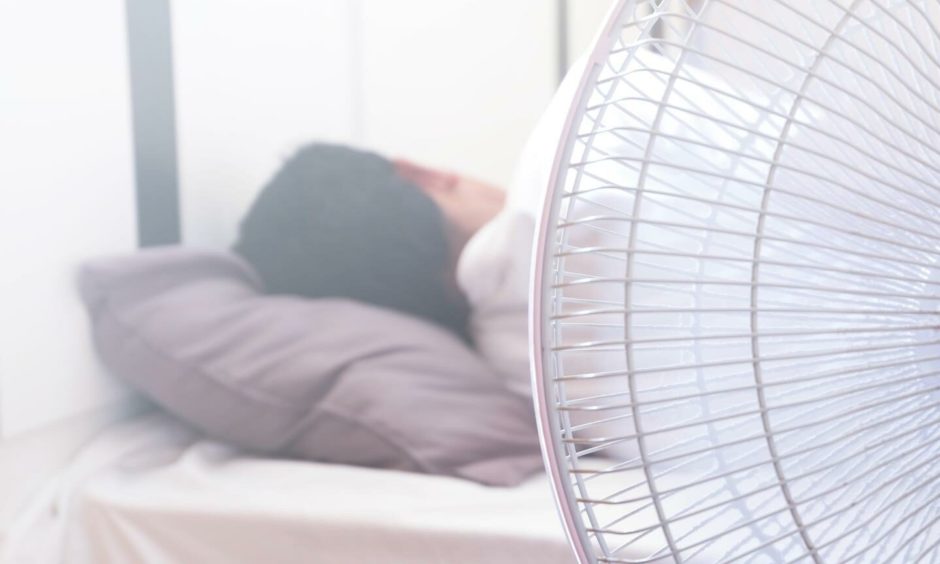
“If your bedroom is too warm and stuffy or your sleeping surface is unable to breathe and disperse moisture, you may begin to sweat and overheat.”
She says your sleep might be disturbed if the temperature rises above 23.8C.
However, some may struggle with pollen if they have bedroom windows open at night.
Max Wiseberg, airborne allergens expert and creator of HayMax hay fever balms says: “Pollen filter window screens will allow you to open bedroom windows.”
He also recommends using an allergen barrier balm around your nose and eyes.
2. You’re going to bed too late
With lighter evenings and warmer weather, you may spend more time in the garden, or have dinner a bit later.
But Dr Robbins, who is also sleep adviser to Savoir Beds, says committing to a bedtime routine and sticking to it is key.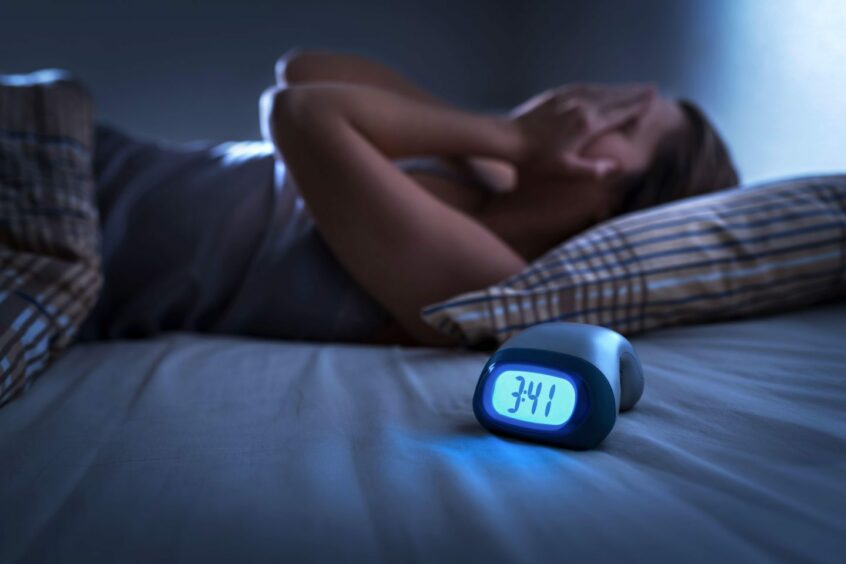
“Falling asleep at the same time and waking up at the same time is everything.
“It allows the body to work with – rather than fight – its natural circadian rhythm, our body’s internal clock that controls the timings of every organ system and bodily process.
“If we stick to a schedule, our body learns when to expect sleep and wakefulness.”
3. Lying awake for hours in bed at night
Lying in bed feeling hot and bothered at 3am is one of life’s greatest frustrations. However, just hoping to drift back to sleep could be counterproductive.
“It’s something many of us were told to do – stay in bed if we wake up. But it’s actually one of the worst things that we can do if we’re struggling to sleep,” Dr Robbins says.
Instead, she advises getting up after 15 minutes, keeping the lights low and doing gentle yoga, reading or non-stimulating tasks – like folding laundry – before returning to bed.
4. Your bedding isn’t up to the job
Your mattress and bedding also play an integral role in ensuring you get enough sleep.
“Sleep-related neurons are highly temperature-sensitive so an unsupportive mattress, or a mattress which retains heat, will limit the quality of your sleep,” says Dr Robbins.
“A breathable sleeping surface made from natural materials can prevent overheating.
“Natural fibres are great for wicking away moisture – they are also breathable and allow airflow, keeping you cool during the warmer nights.”
So change your high tog duvet to a summer one.
And use linen or cotton bedding, which is much more breathable and absorbent, to help keep night sweats at bay.
More than a quarter of Brits have called in sick at least once in the last three months due to a bad night's sleep.
The Workplace Sleep initiative = training that empowers staff members to support their colleagues in achieving a better night’s sleep.
— The Sleep Charity (@TheSleepCharity) June 13, 2022
5. You’re dehydrated
Dehydration can negatively affect how well you sleep at night, too, says sleep expert Patrick Ross from Nectar Sleep.
“Don’t guzzle litres of water directly before bed, but keep drinking glasses of cool water throughout the day instead,” he explains.
“Caffeine and alcohol also dehydrate the body and have a diuretic effect, so if you want to sleep well in the heat, both should be avoided.
“If you do wake up parched in the middle of the night, avoid the urge to down glass after glass.
“Take long sips of cool water until you feel satisfied instead.”
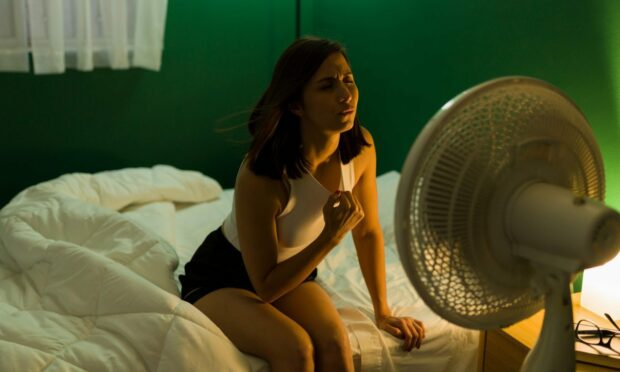

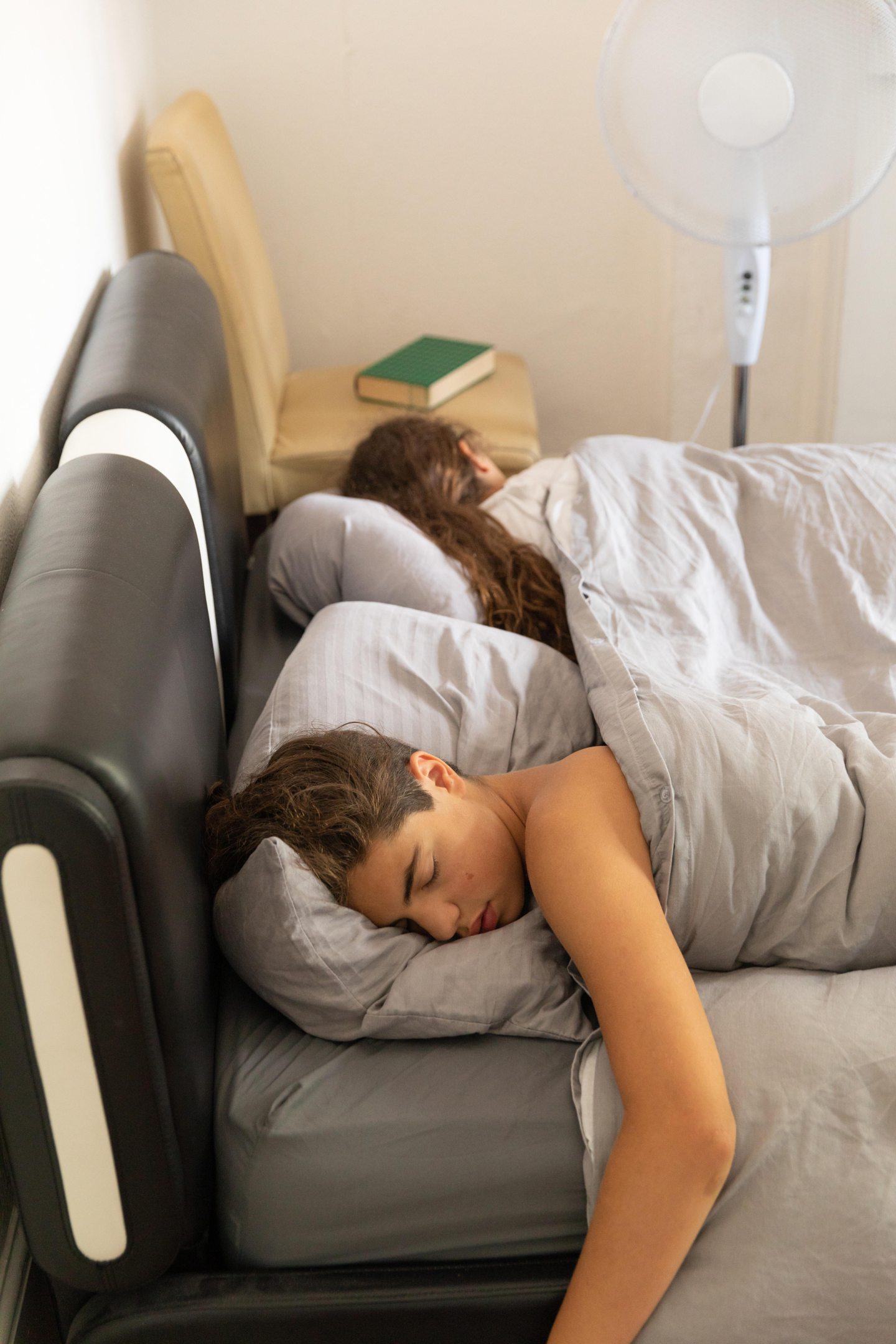
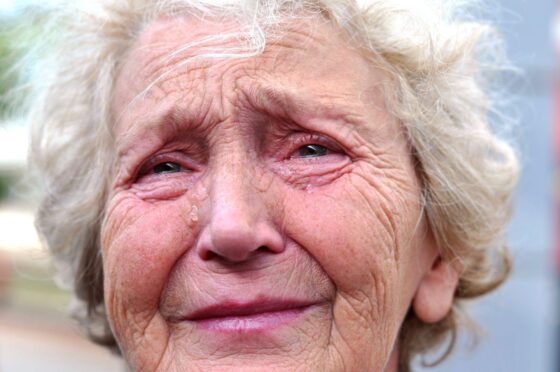




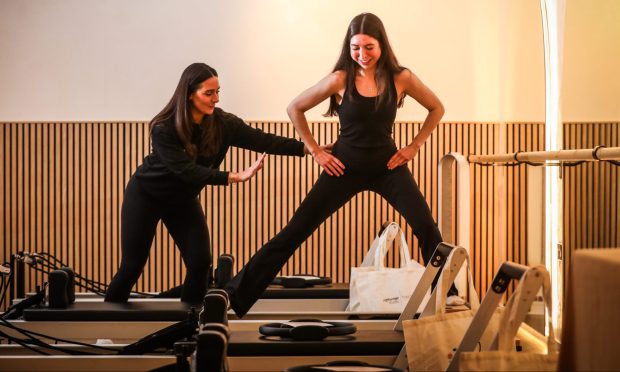




Conversation